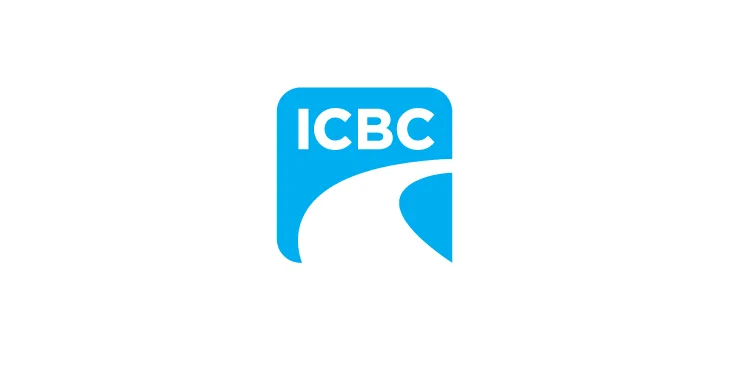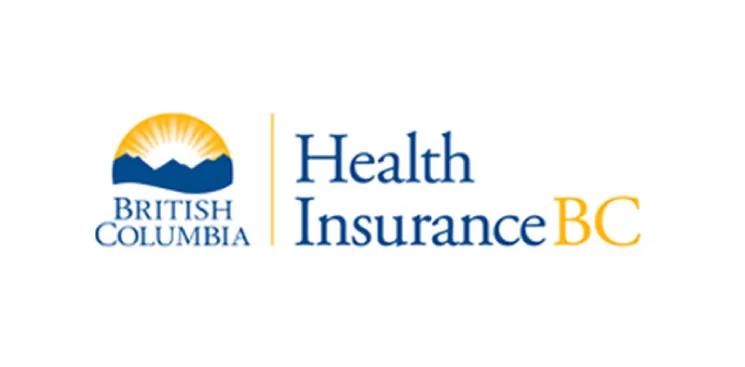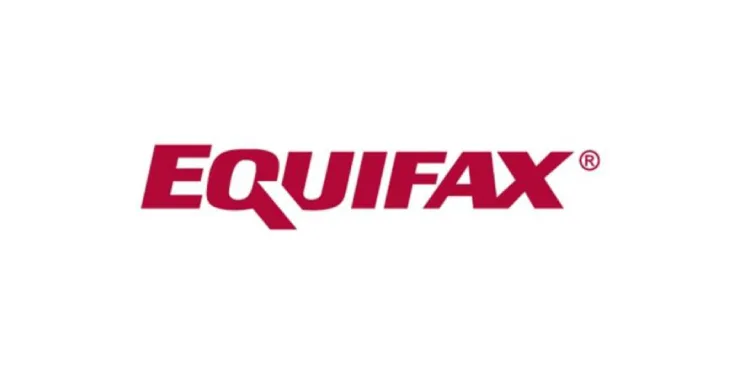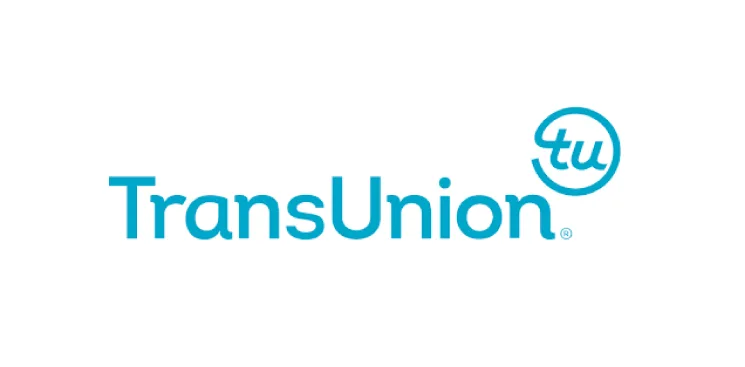If you've been scammed

Think you may be a victim of a scam or fraud? Take action to reduce your risk of losing more money, protect your personal information, and avoid being scammed again.
What you should know
While some scams operate from within Canada, fraudsters are more commonly based in other countries. This way they avoid any legal consequences in Canada.
Law enforcement between countries can be difficult. Police will generally only pursue high-stakes scams — ones that take a lot of people for a lot of money.
All this to help you keep your expectations reasonable about what you may or may not be able to get back if you’ve been scammed.
If you suspect someone has used your credit card, contact your credit card company immediately. You could avoid having to pay for any purchases made with a lost or stolen credit card. Just remain calm and patient on the phone with them.
If you’ve voluntarily given your credit card information to someone, things are trickier. It may be harder to get back the money you lost.
If you were tricked into signing a contract, there’s a chance you’ll be protected by laws that provide a "cooling-off" period. These laws let you cancel a contract that you signed, if things go sideways.
Door-to-door sales and ongoing contracts (like a club membership) are examples of contracts that can be cancelled within 10 days of signing. You don’t have to have any reason for cancelling.
If someone has taken your personal information and used it to access your finances or make purchases in your name, they’ve committed identity theft.
Identity theft can damage your credit report. A credit report is a detailed list of your credit and bill-paying history and other information about you. Your credit report helps businesses, banks, and others decide if you’re likely to pay your bills on time.
Take action
You probably won't get all of your money back, but you can stop further damage. Here are steps to take to prevent further problems.
Immediately stop all communication with the person or company involved in the scam! They’ll only continue to try to pry money away from you or string you along and prevent you from taking action.
Gather any records you have relating to the scam — emails or other communication, bank statements, contracts, online brochures, or ads.
Make a list of anything that may be lost or stolen. Write down details of your credit card information, bank account numbers or identification that may have gone missing.
Stay organized. Make a spreadsheet. As you contact authorities, financial institutions, and other agencies, keep track of their contact details and any information you learn. This will help clear your name and re-establish your credit.
If you think someone has used your credit cards or accessed your bank account, immediately notify your financial institutions. Cancel the cards. Close or put a hold on any accounts that might be affected.
If you think someone has stolen your identity, ask your financial institutions to investigate the identity theft. Find out if the institution requires written documentation to begin investigating. Send them whatever they need as soon as possible.
If any government-issued identification was lost or stolen, contact the agency issuing the document.
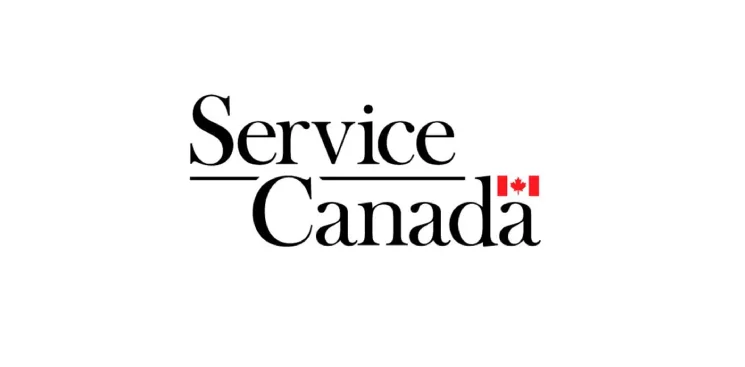
Service Canada
For a passport or social insurance number (SIN) card, call Service Canada.
If you think your mail is being stolen or redirected, contact Canada Post’s customer service department.
If you used your computer or cellphone to communicate with a scam operator, or if a device was infected by a scam:
take your device to a professional to have it checked
you may have to reset your computer back to its original settings, so be sure to back everything up
make sure you have up-to-date software to prevent spam and viruses
It’s important that you report the incident to your local police department. While you should have realistic expectations about whether they’ll track the scammer down, it’s important for the authorities to compile statistics on these things so they can allocate their resources well.
If you think your identity may have been stolen, you don’t need to know the name of the thief. Show the police the unauthorized charges, debt collection letters, or other evidence that you’re the victim of this crime.
You may not get your money back, but it’s still important to report. A critical mass of reported scams is often what spurs law enforcement to take action.
Also, banks and creditors sometimes ask for proof of a crime to erase debts created by a scam or identity theft. So ask the police for a report number and write it down.
Contact the credit reporting agencies (we'll explain how to contact them in just a bit). Tell them about the scam or identity theft. Equifax and TransUnion are the two main agencies in Canada that prepare credit reports.
Ask whether you should have a fraud alert placed on your file. This will trigger businesses or banks to call you before opening any new accounts or changing your existing accounts.
Ask each credit reporting agency to send you a copy of your credit report. The agencies must send you a free copy of your report in the mail. You can also get your report online but you might have to pay.
The credit report may show if the scammer or thief incurred debt or opened accounts in your name.
Here is contact info for the credit reporting agencies.
If you report the scam, it may prevent others from being ripped off by the scam operator.
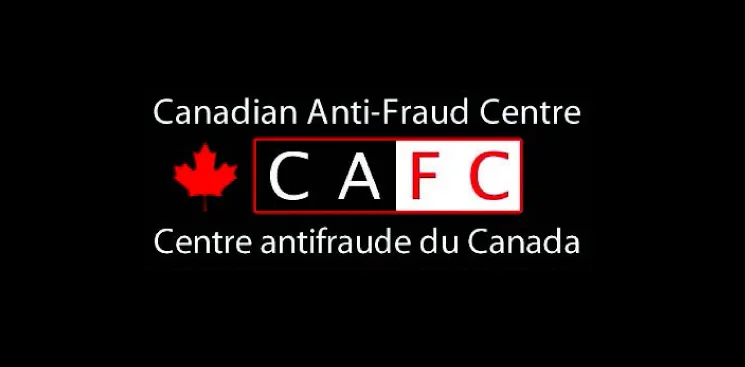
Canadian Anti-Fraud Centre
Information on the latest scams and a tool to report so others don't fall prey.

Better Business Bureau
The BBB "Scam Tracker" helps to investigate and warn others about a scam.
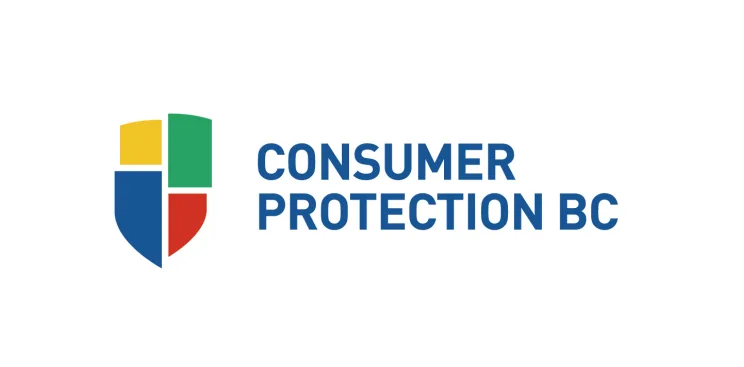
Consumer Protection BC
Tricked into buying a product or service? You can report the incident here.
Who can help
Depending on your situation, these agencies can also be of help.
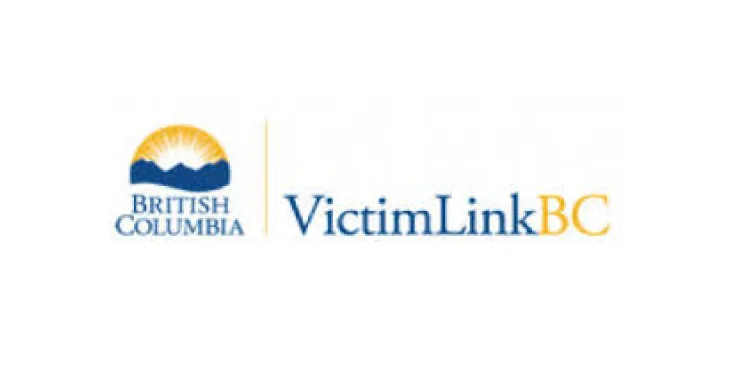
VictimLink BC
A toll-free 24/7 information and support line for victims of crime in BC.
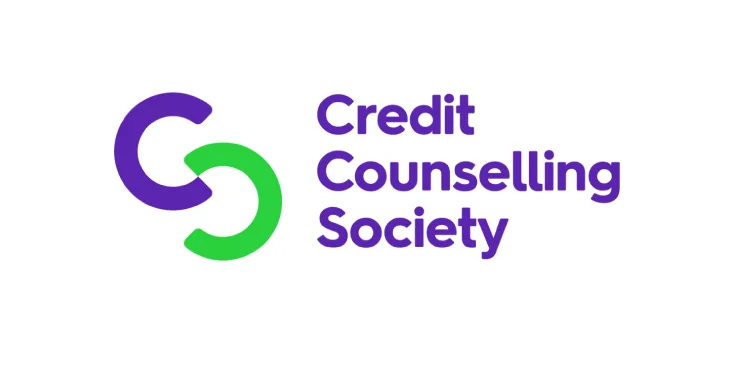
Credit Counselling Society
A non-profit society that supports and counsels people struggling with debt.
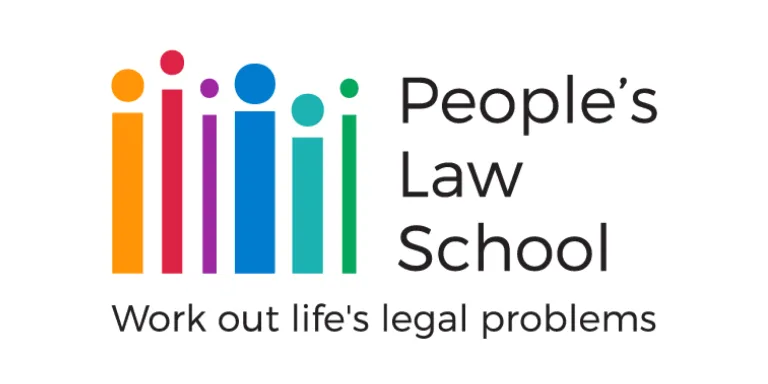
People's Law School
The People’s Law School website has more in-depth coverage on this and other scam-related issues.
This information from People’s Law School explains in a general way the law that applies in British Columbia, Canada. The information is not intended as legal advice. See our disclaimer.
Related
On Dial-A-Law
Dial-A-Law has more information on Scams & identity theft in the section on Consumer.
